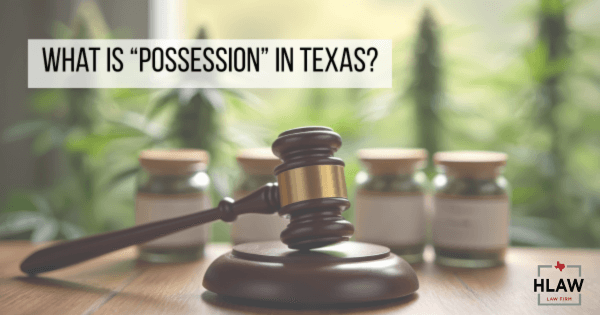
In Texas, the concept of “possession” can sometimes be a little tricky when we think about it in terms of the law as opposed to what we all commonly define as “possession”. Whether it’s related to controlled substances, firearms, or stolen property, possession is a key element in many criminal offenses. But what does possession actually mean in the eyes of Texas law? This post will break down the definition, legal standards, and consequences of possession in the Lone Star State.
Definition of Possession in Texas Law
UnderTexas Penal Code §1.07(a)(39), possession is defined as having “actual care, custody, control, or management.” This broad definition means that possession isn’t limited to physical ownership. Instead, it can include situations where a person has any access to or control over an object, even if they don’t physically hold it at the moment.
Possession can be categorized into two types:
- Actual Possession: This occurs when the individual has physical custody of the item. For instance, if someone is holding a bag containing illegal drugs, they are in actual possession.
- Constructive Possession: This arises when an individual does not have physical custody but still has control or the right or ability to excersise control the item. For example, if illegal drugs are found in the glove compartment of a car that a person owns and operates, they may be deemed to have constructive possession. Even if they don’t own or are operating the vehicle, police officer’s may deem a passenger in the vehicle as having the ability to exercise care, custody, control or management of the illegal item.
Establishing Possession in a Criminal Case
To prove possession in a criminal case, the prosecution must demonstrate two key elements:
- Knowledge: The accused must have known about the presence of the item, and;
- Control: The accused must have exercised, or had the ability to exercise, control over the item.
Merely being near an illegal item is not enough to establish possession. For example, if drugs are found in a house shared by multiple roommates, the prosecution must show evidence linking the accused to the drugs specifically—such as fingerprints, ownership of the container, or incriminating statements.
Joint Possession
Texas law also recognizes the concept of joint possession. This means that more than one person can be found to have possession of the same item. For example, if two people are in a vehicle and illegal contraband is found in a location accessible to both, they could both potentially be charged with possession.
Consequences of Possession Charges
Possession charges can carry serious consequences in Texas, varying based on the type and quantity of the item in question. For instance:
- Drug Possession: Penalties depend on the type of drug and the amount, with punishments ranging from misdemeanors to first-degree felonies.
- Firearm Possession: Certain individuals, such as convicted felons, are prohibited from possessing firearms, and violating this prohibition can result in severe penalties.
- Stolen Property: Possession of stolen property can lead to theft charges, with penalties depending on the value of the property.
Defenses to Possession Charges
There are several potential defenses to possession charges in Texas, including:
- Lack of Knowledge: Demonstrating that the accused was unaware of the item’s presence.
- Lack of Control: Arguing that the accused did not have the ability to exercise control over the item.
- Mistaken Identity: Showing that the item belonged to someone else and the accused had no connection to it.
- Violation of Constitutional Rights: If law enforcement obtained evidence through an illegal search or seizure, that evidence may be suppressed.
Conclusion
“Possession” is a nuanced legal concept in Texas, encompassing both actual and constructive control over items. Understanding the intricacies of possession is crucial for anyone facing criminal charges. What you think may or may not be possession may be different than what the law defines it as. If you or someone you know is dealing with a possession-related charge, consulting an experienced criminal defense attorney is essential to ensure your rights are protected and to navigate the complexities of the legal system effectively.

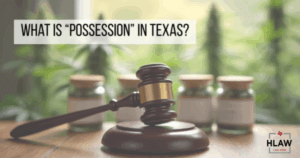

 When you think about the Christmas season, you probably think about family time, presents, good food, and celebration. We think about those things too, but as criminal defense attorneys, we also think about the reasons that some of our clients get arrested during the holiday season. For this article, we took a look at the last 8 years of holiday season arrests (for clients that we represented) and compiled an (anecdotal) list of the top 5 reasons that folks get arrested during the Christmas/New Year’s season. Our goal is that this list will serve as a warning, so that your holiday season can be filled with the good stuff, rather than jail, bail, and calls to our office. Here goes:
When you think about the Christmas season, you probably think about family time, presents, good food, and celebration. We think about those things too, but as criminal defense attorneys, we also think about the reasons that some of our clients get arrested during the holiday season. For this article, we took a look at the last 8 years of holiday season arrests (for clients that we represented) and compiled an (anecdotal) list of the top 5 reasons that folks get arrested during the Christmas/New Year’s season. Our goal is that this list will serve as a warning, so that your holiday season can be filled with the good stuff, rather than jail, bail, and calls to our office. Here goes: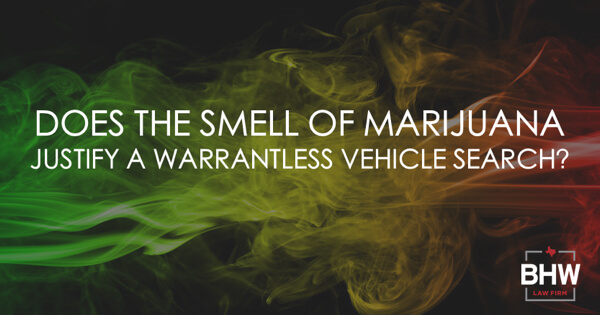
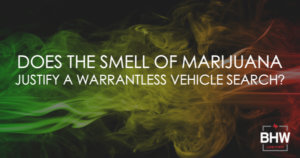 In Texas, the answer is yes. The possession of marijuana is a crime in Texas, so if an officer smells marijuana emanating from your car, he has probable cause to believe a crime is being committed. With probable cause, the law permits the officer to stop and search your car— regardless of whether you consent.
In Texas, the answer is yes. The possession of marijuana is a crime in Texas, so if an officer smells marijuana emanating from your car, he has probable cause to believe a crime is being committed. With probable cause, the law permits the officer to stop and search your car— regardless of whether you consent.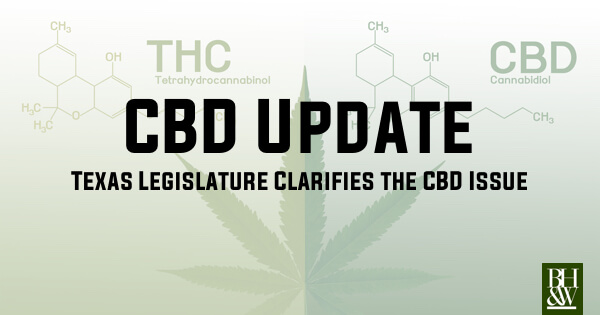
 On June 10, 2019, Gov. Abbot signed
On June 10, 2019, Gov. Abbot signed 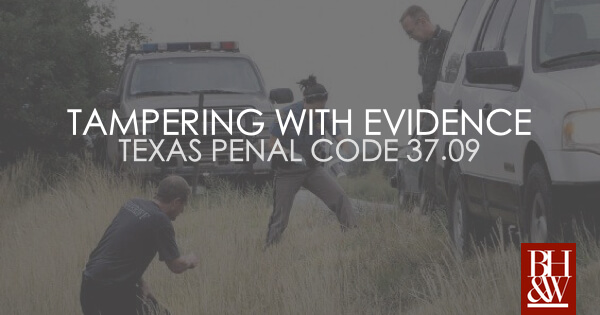
 During routine traffic stops, police officers sometimes end up arresting individuals for the third-degree felony offense of Tampering with Evidence. How does this happen you ask? If, during the course of a traffic stop, an officer observes the driver toss an item or two out of the window, and those tossed items are later determined to be drugs and/or drug paraphernalia, the officer might just arrest the person for tampering with evidence pursuant to
During routine traffic stops, police officers sometimes end up arresting individuals for the third-degree felony offense of Tampering with Evidence. How does this happen you ask? If, during the course of a traffic stop, an officer observes the driver toss an item or two out of the window, and those tossed items are later determined to be drugs and/or drug paraphernalia, the officer might just arrest the person for tampering with evidence pursuant to 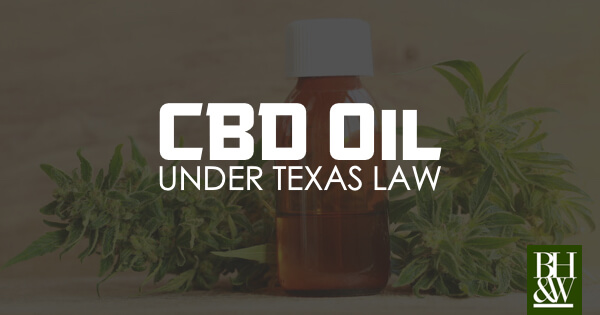
 CBD Oil, which is short for cannabidiol oil, is a cannabinoid extract that is
CBD Oil, which is short for cannabidiol oil, is a cannabinoid extract that is 
 You have seen it on the news…yet another state has legalized marijuana. It seems as if weed is everywhere, surely Texas has jumped on the bandwagon and legalized it too! Our firm receives calls from people all the time who all say the same thing; they thought marijuana was legal now. Not in Texas.
You have seen it on the news…yet another state has legalized marijuana. It seems as if weed is everywhere, surely Texas has jumped on the bandwagon and legalized it too! Our firm receives calls from people all the time who all say the same thing; they thought marijuana was legal now. Not in Texas.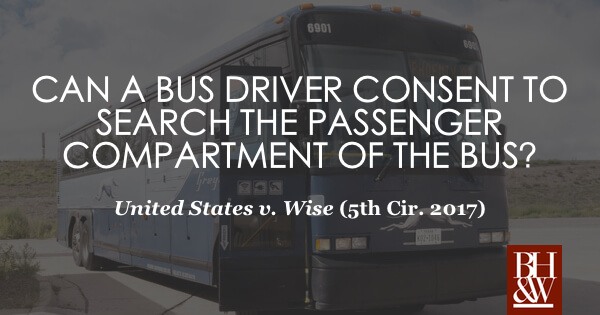
 FACTS
FACTS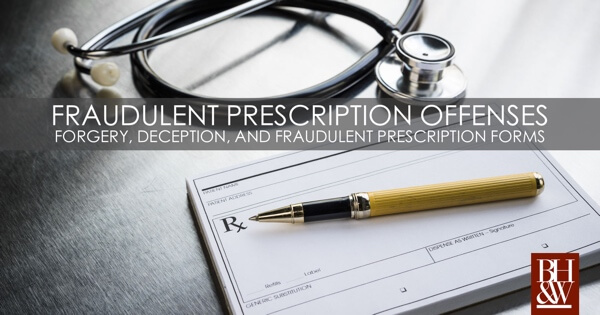
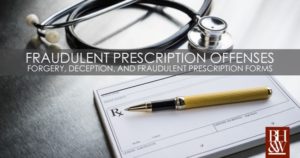 In 2012, the Texas Court of Criminal Appeals released an opinion concerning whether a defendant may be convicted under Texas Health and Safety Code Section 481.129(a)(5)(B) for using a “fraudulent prescription form” when the facts showed that the defendant altered the dosage information on an otherwise valid prescription that had been written by the defendant’s physician.
In 2012, the Texas Court of Criminal Appeals released an opinion concerning whether a defendant may be convicted under Texas Health and Safety Code Section 481.129(a)(5)(B) for using a “fraudulent prescription form” when the facts showed that the defendant altered the dosage information on an otherwise valid prescription that had been written by the defendant’s physician.
 United States v. Zuniga (US Court of Appeals, 5th Cir. 2017)
United States v. Zuniga (US Court of Appeals, 5th Cir. 2017)





